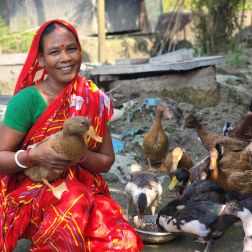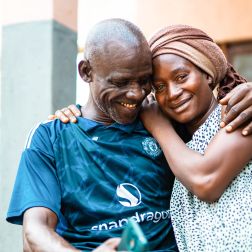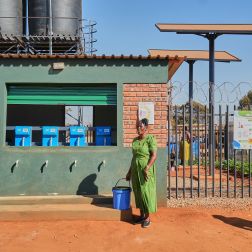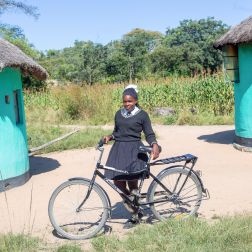- 3 mins read time
- Published: 26th August 2020
Climate, Covid and Care: Feminist Journeys
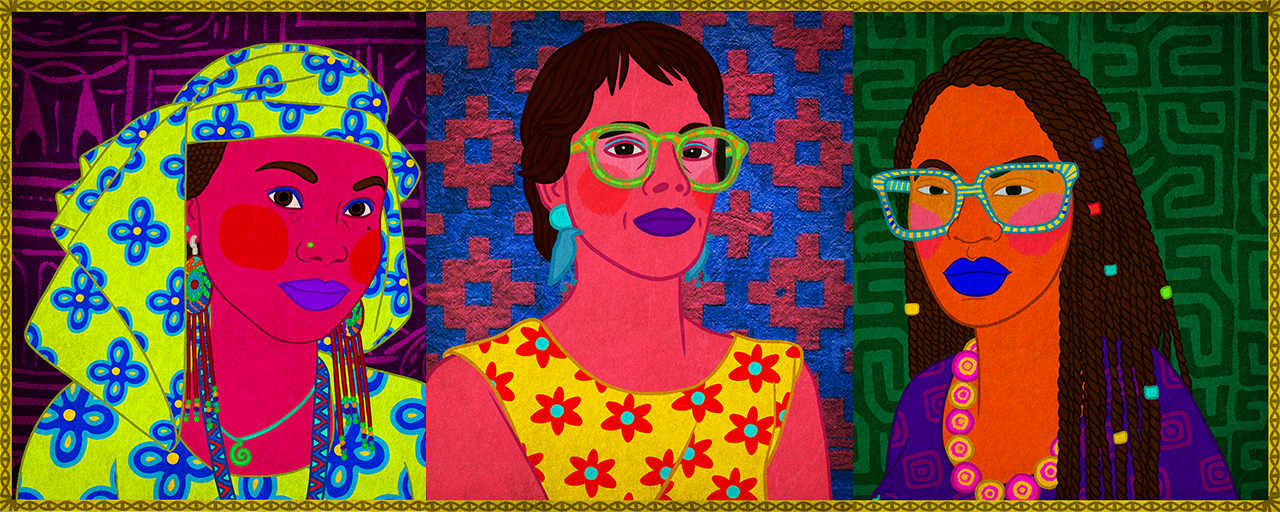
The COVID-19 pandemic and the climate crisis have a disproportionate impact on people living in poverty, and both are increasing inequality. As we look for ways to fight back, this new zine offers reflections on feminist approaches around the world. What can we learn from young peoples’ leadership? How can we value and integrate Indigenous Peoples’ knowledge? Why is intersectionality crucial in responding to a crisis? How can we build more caring, sustainable societies?
Climate, Covid and Care: Feminist Journeys is a collection of journeys, stories, and ideas from five feminist activists working at the intersection of gender justice and climate justice.
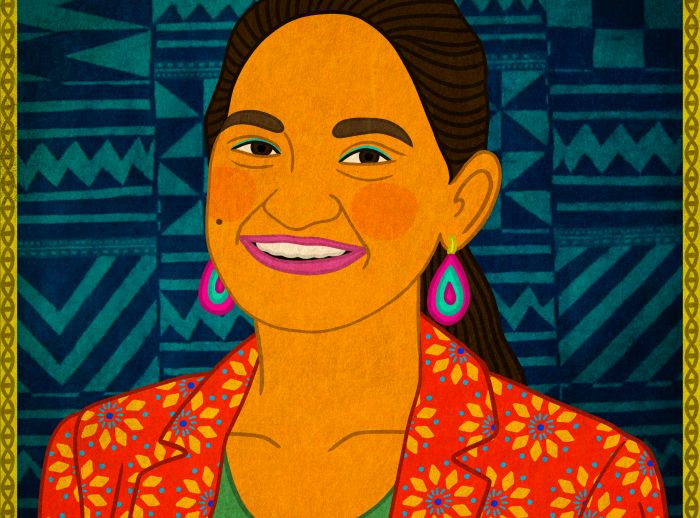
“COVID reiterated the fact that climate change is a threat-multiplier. Just because the entire world is on lockdown, doesn’t mean that climate change or the patriarchy are on lockdown. When Tropical Cyclone Harold hit Vanuatu, Fiji and Tonga in March [2020], people’s homes were blown away. How can you be physically, socially distancing when you’ve got no home and evacuation centres are crammed?"
“As always, women were the worst hit in this double crisis situation. They were locked in with their abusers. Access to contraceptives was limited. Women’s care work was overloaded. In the Pacific, women are primary caretakers, live with extended families and the care burden is extremely high.
“Solutions have to be two-tiered; targeted at short-term and immediate, but also long-term and sustainable. It can’t be one or the other, we have to figure out a way to make them both work in a way that’s gender inclusive and socially inclusive. It's about shifting the oppressive and restrictive power structures in order to incorporate the needs of the communities. It’s always been about justice.”
Meera Ghani, she/her
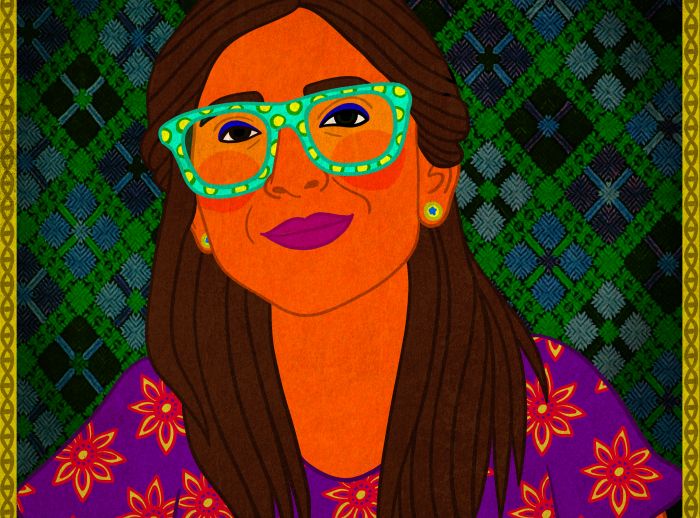
“COVID brought attention to a lot of the asks that disability justice groups have been demanding, like remote working. To the asks that care workers have been demanding, like increased wages, because their work is essential. In the lack of government responses, people came to each other's aid. Here we have a lot of learning to do from Indigenous leaders, but also from Black, trans and queer communities. Because they have been practicing community care like no other, forever. We have seen a lot of their own approaches and methodologies come to the fore.
“We need to divest from institutions and corporations that are life-threatening: those that are killing the planet, killing the people. We need degrowth in the northern economies –those that enable the life-threatening conditions. We need to decolonise hearts and minds. It’s not a limited pie that we must distribute in a certain way, we must get away from this scarcity mentality. We need to reinvest in communities, institutions, and organisations that are life-affirming. And then we need the redistribution of wealth and resources in a fundamentally different way.”
